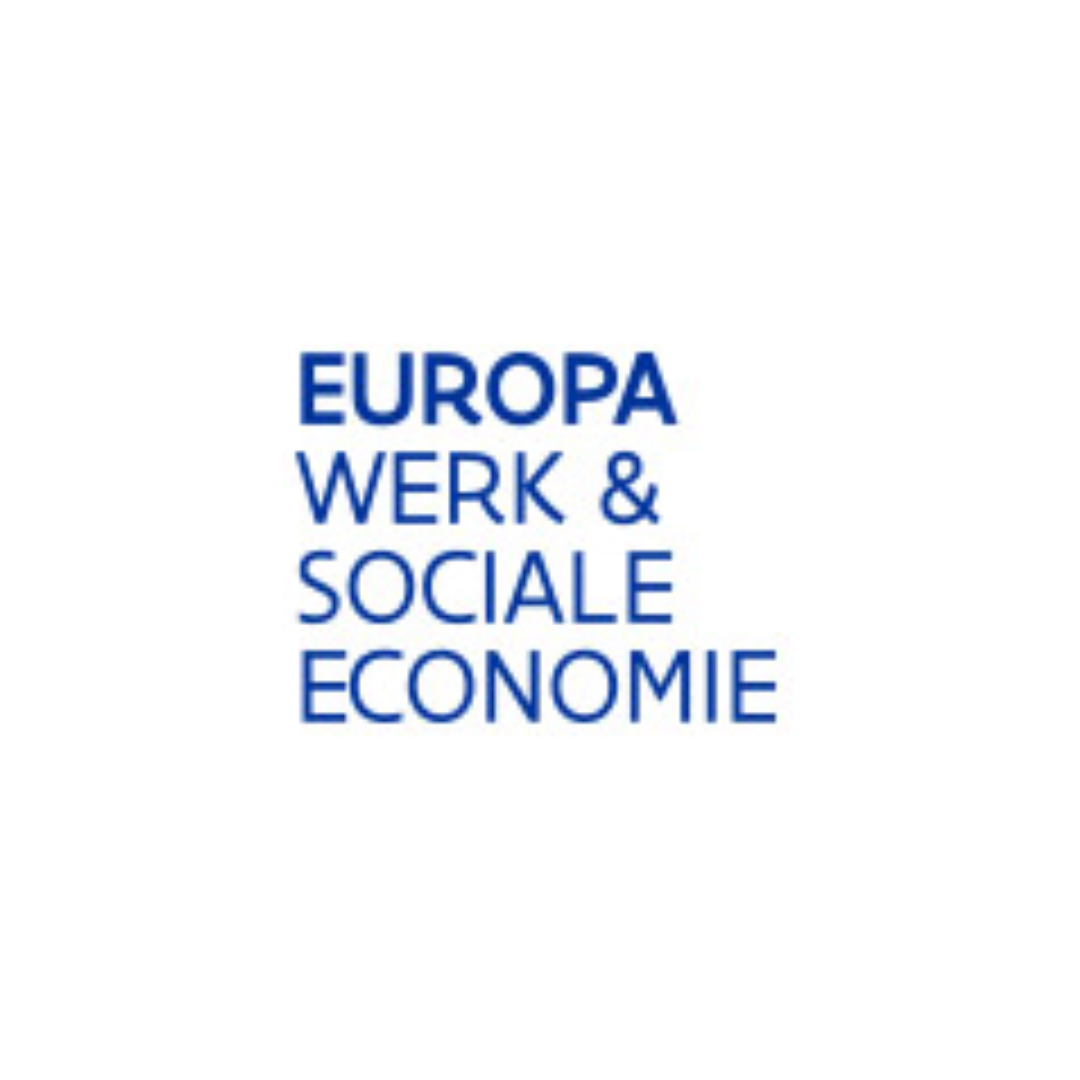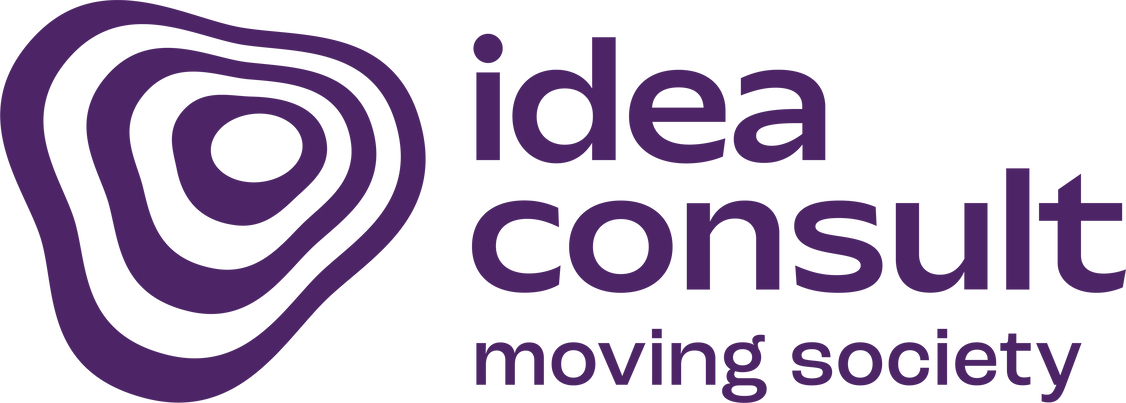We work on more than 300 projects every year.

Impact evaluation ESF call ‘Inclusive Enterprises’
Kathy Goffin
The challenge
The intention of the ESF call ‘Inclusieve Ondernemingen’ (Inclusive Enterprises) is to support employers and workplaces in Flanders in recruiting and retaining vulnerable target groups. The aim here is to make companies aware of the potential of all talents on the labour market and to support them with the inclusion questions they have, especially about inflow and retention. Organisations could submit project proposals within this assignment that aim to increase inclusion in the Flemish labour market. The purpose of this impact evaluation was to assess whether and in what way the projects within the call led to increased diversity or inclusion in the workplace – with sufficient attention to the inclusion of the most vulnerable on the labour market.
The process & results
To evaluate the call, a theory-driven evaluation approach was used.
In a first step, a theory of change was drawn up for each of the 10 projects. In each case, this was done in cooperation with the project manager(s) through an online working session. In preparation for this working session, a desk study was carried out, consisting of the project proposals, among other things. These theories of change provided insight into how each of the ten projects designed the counselling and how they sought to achieve the expected results among the participants. In addition, an overarching change model was drawn up.
In addition, an online survey was also distributed to companies that participated in the guidance offer made available by the projects. This gave us insights into the profile, vision and needs of the participants, as well as their experiences with and results from the guidance. 460 enterprises were reached.
Finally, a case study consisting of 15 cases was conducted. Each case consisted of two in-depth interviews: one with the recipient of the counselling (company manager or HR employee) and one with the counsellor who accompanied the company as part of the project. Through process tracing, the impact of the projects in the workplace was thus examined. The overarching change model was tested here. We checked whether a preconceived theoretical idea of how a service works manifests itself effectively in reality. Based on the case study, this logical chain of effective mechanisms could be further refined. This describes high-level mechanism consisting of ten steps ranging from motivation to workplace adjustments, and five micro-level mechanisms that contribute to the intended outcomes and impact. The context and preconditions that need to be present for the mechanisms to take place were also identified.
Based on these insights, recommendations were formulated to strengthen the effectiveness of the new call, the ‘partnerschappen inclusieve werkvloeren’. These recommendations are aimed at the partnerships, Europa WSE, and the Flemish Government.

